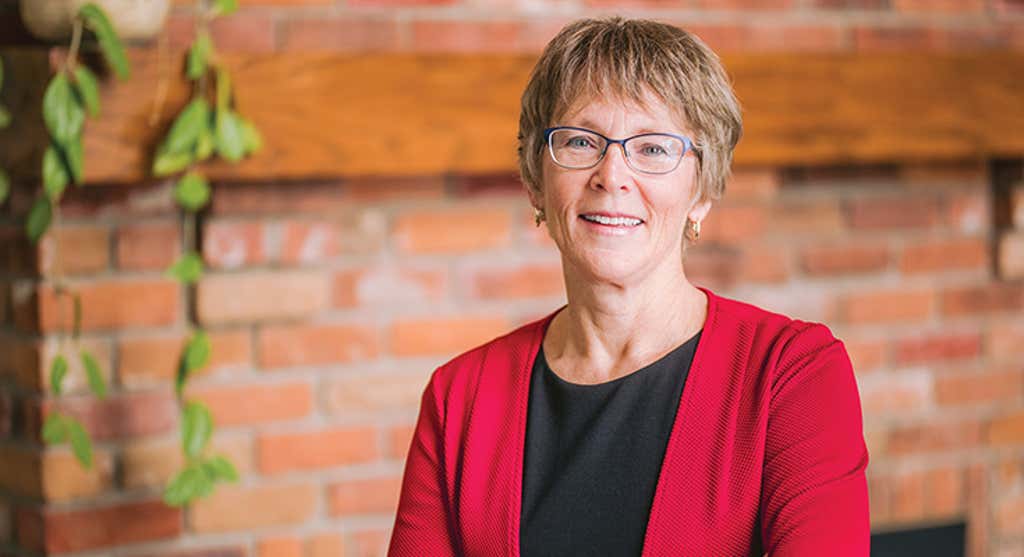
Dear Colleagues,
Hello, I hope this note finds you well and managing to get some breaks from work to get outside to enjoy some of the beautiful weather! I want to update you on an initiative that has moved forward very significantly. I am talking about Physician Assistant regulation, which has recently been the subject of new provincial legislation.
“Making PAs members of the CPSO is appropriate and in line with the College’s commitment to right-touch regulation.”
The question of whether physician assistants (PAs) should be regulated, and the manner in which this should be done, has been pending for many years. I’m pleased to report that this spring, the Ontario government passed enabling legislation that will see our College provide regulatory oversight for PAs. They will join CPSO as a new class of registrant.
Making PAs members of the CPSO is appropriate and in line with the College’s commitment to right-touch regulation. It will help us to meet the goal of ensuring safe quality care for Ontario’s patients. Given the relatively small number of PAs (about 500 in 2019), the creation of a stand-alone health regulatory college for them wasn’t viewed as practical. These health care professionals work exclusively under the supervision of a physician and act as physician-extenders, performing controlled acts only through delegation. Their scope of practice is therefore highly dependent on their individual PA-to-physician relationship. This unique relationship made regulating PAs under the medicine College the most logical approach.
CPSO was actively involved with government in developing this legislation. Dr. Nancy Whitmore and I spoke to the Legislative Standing Committee about some important details and staff had many conversations with other government officials. We are pleased with the language in the final bill and feel it creates the correct framework for us to build out the necessary regulatory processes. We will be working closely with the Canadian Association of Physician Assistants, who have also endorsed this approach.
“CPSO was actively involved with government in developing this legislation.”
We look forward to joining our fellow regulatory Colleges in Manitoba, New Brunswick and Alberta, who are already providing this oversight, and we will certainly learn from their experiences as we develop this membership class.
It will be some time before the regulatory processes are all in place and our current estimate of the work to be done and the timelines anticipates about two years before everything is ready. As we move along in this exciting new development, I will keep you informed of our progress. Please read more about what this enabling legislation entails in this issues article.











